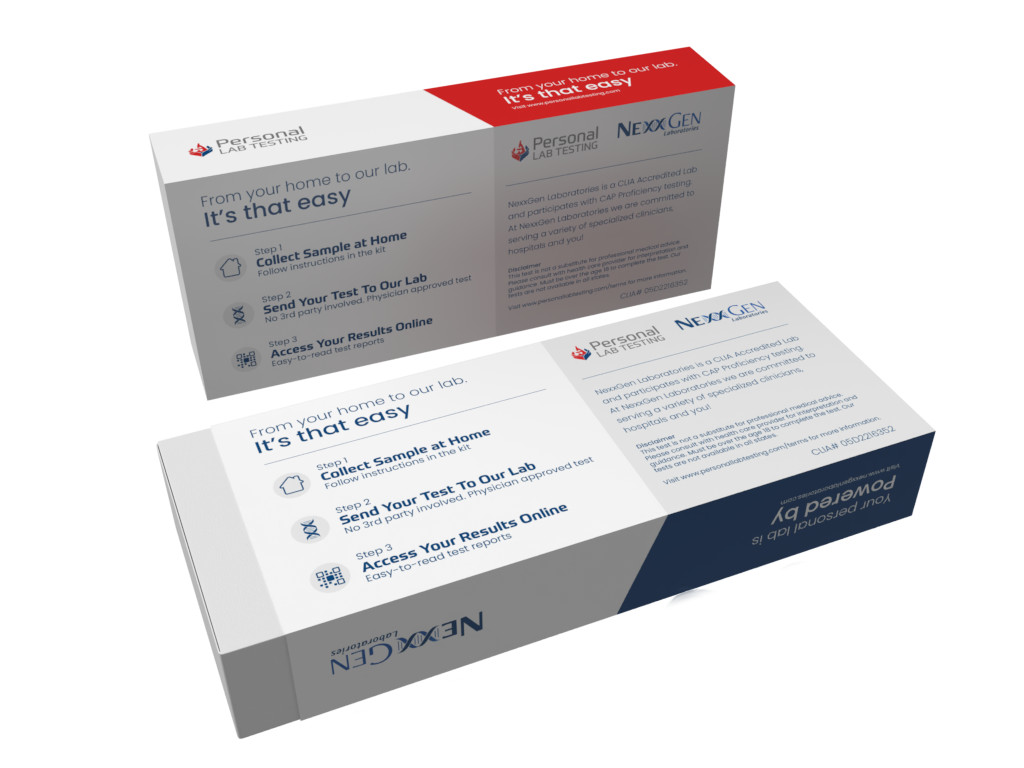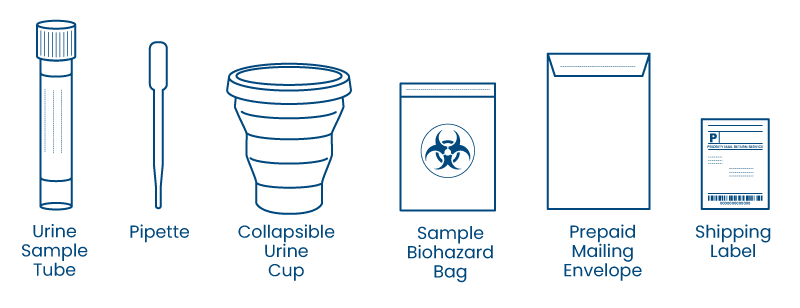Comprehensive Parphyrin Analysis (CPA)
The Porphyrins Profile Test measures the levels of porphyrins in urine to evaluate for porphyria and other related disorders. Elevated urine porphyrins can indicate disruptions in the heme synthesis pathway, which is crucial for producing hemoglobin. Conditions influencing these levels include genetic deficiencies, liver and renal diseases, erythroid disorders, and exposure to heavy metals.
Certified board physician approved tests
Easy to read test reports
At the convience of your home
Start Your Journey to Better Health
Understanding The Process
Register Your Kit
Click Here to sign up and register your kit. Use the same login details you always use with us.
Collect Your Sample at Home
Follow the easy instructions in your kit to collect your sample when it suits you best.
Mail Your Sample Back
Pack up your sample and send it back to our lab with the provided shipping label.
View Your Results Online
In just a few days, you'll be able to see your results by Logging In.
Learn More About This Test
Comprehensive Parphyrin Analysis (CPA)
Comprehensive Parphyrin Analysis (CPA)
The Porphyrins Profile Test is a crucial tool for evaluating porphyria and related disorders by measuring porphyrins levels in urine. Elevated porphyrins can signal disruptions in the heme synthesis pathway, vital for hemoglobin production. Conditions affecting these levels include genetic deficiencies, liver and renal diseases, erythroid disorders, and heavy metals exposure.
Symptoms Indicating the Need for the Porphyrins Profile Test:
- Unexplained abdominal pain or gastrointestinal issues like nausea, vomiting, diarrhea, and constipation.
- Neurological symptoms such as seizures, muscle weakness, and other related issues.
- Skin sensitivity that may lead to conditions like certain types of skin cancers.
The test quantifies various porphyrins in urine, essential intermediates in the heme synthesis pathway. The Comprehensive Parphyrin Analysis (CPA) is recommended for individuals with symptoms of porphyria or related metabolic disorders, chronic gastrointestinal, neurological, or dermatological symptoms without a clear diagnosis, known exposure to heavy metals, or conditions affecting the liver or kidneys. It is also useful for evaluating disorders that disrupt heme synthesis.





